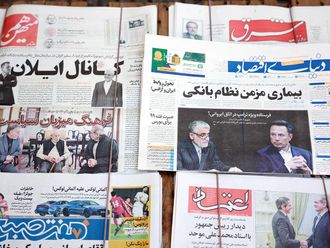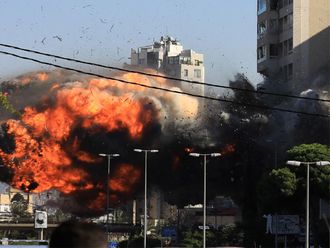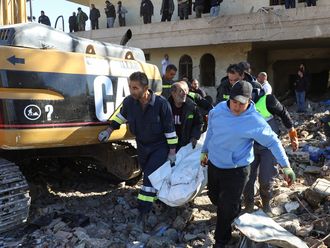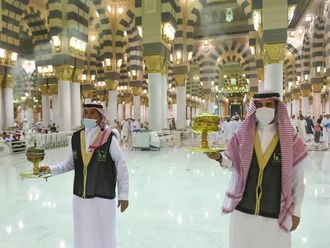Tehran: Iran executed 10 drug traffickers in a prison in Tehran on Monday, despite repeated calls from Amnesty International to halt such hangings.
The men sent to the gallows were convicted of trafficking more than a tonne of opium and a tonne of methamphetamine, according to the website of the prosecutor’s office in Tehran.
London-based human rights watchdog Amnesty International has repeatedly called on Iran not to execute people convicted of drug trafficking, saying the sentence is excessive.
Three-quarters of executions in Iran, of which there are several hundred per year, involve drug traffickers netted in the Islamic republic’s severe anti-drug laws.
Amnesty reported on October 9 that 344 people had been executed since the beginning of the year in Iran, most of them traffickers. In 2011 it said that Iran had carried out at least 360 executions, three-quarters stemming from drug-related cases.
Iran, where murder, rape, armed robbery, drug trafficking and adultery are punishable by death, is among countries with the highest annual record of executions in the world, along with China, Saudi Arabia and the United States.
Iran’s geographical location along an important transit route for narcotics destined for Europe and the Middle East makes it victim to a severe drug problem.
Around two million people, out of a population of 75 million, are drug addicts, 400,000 of them heroin users, according to official estimates.
Some 3,656 deaths related to drug use were recorded during the last Iranian year (March 2011 to March 2012), according to official figures from the health ministry.
According to Amnesty, the anti-narcotics laws in Iran “do not guarantee the right to a fair trial,” in particular denying the accused the possibility of appealing their sentences.
Amnesty has been asking Iran for years to withdraw drug trafficking from the list of crimes punishable by death.












